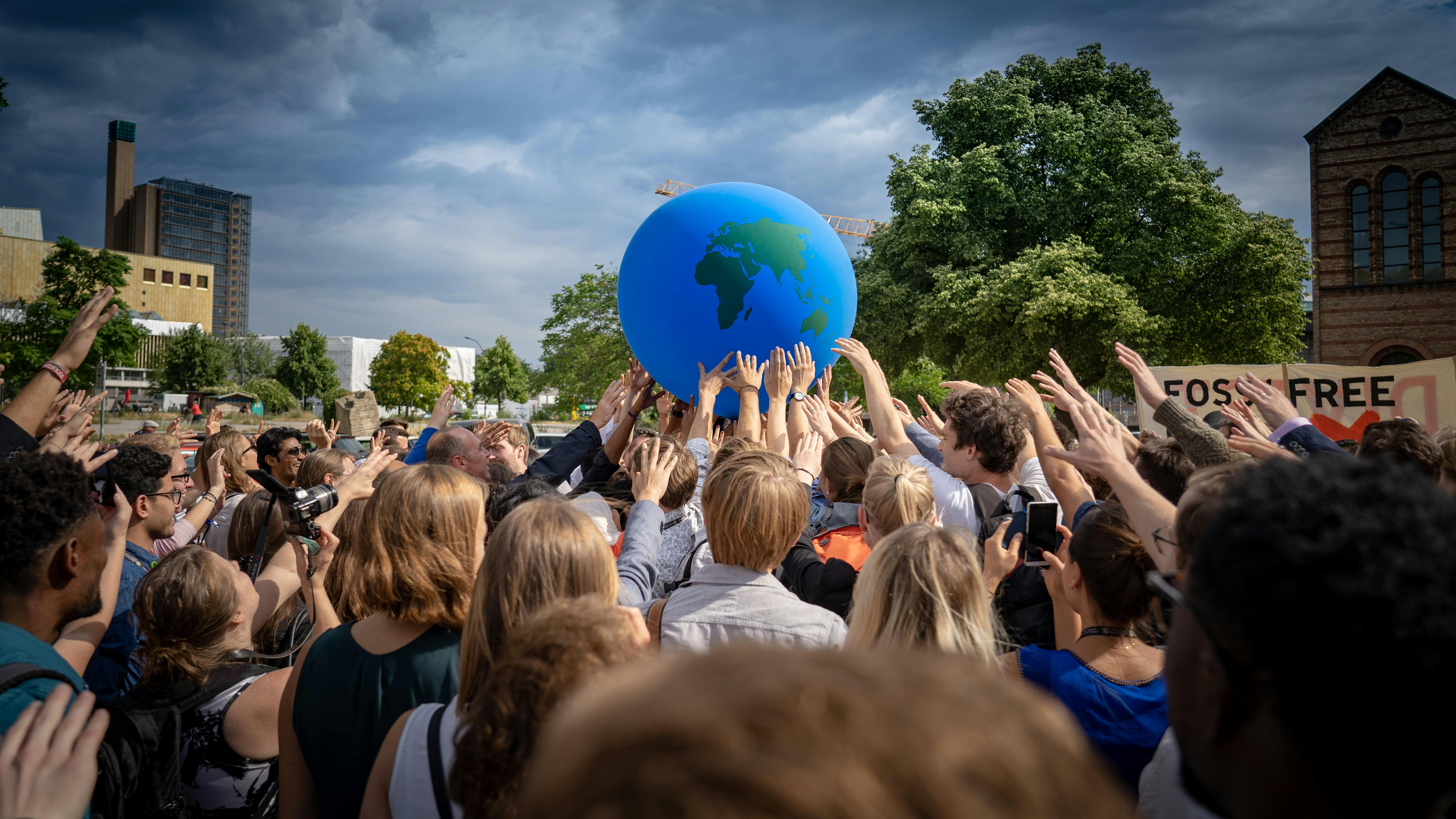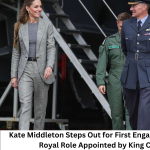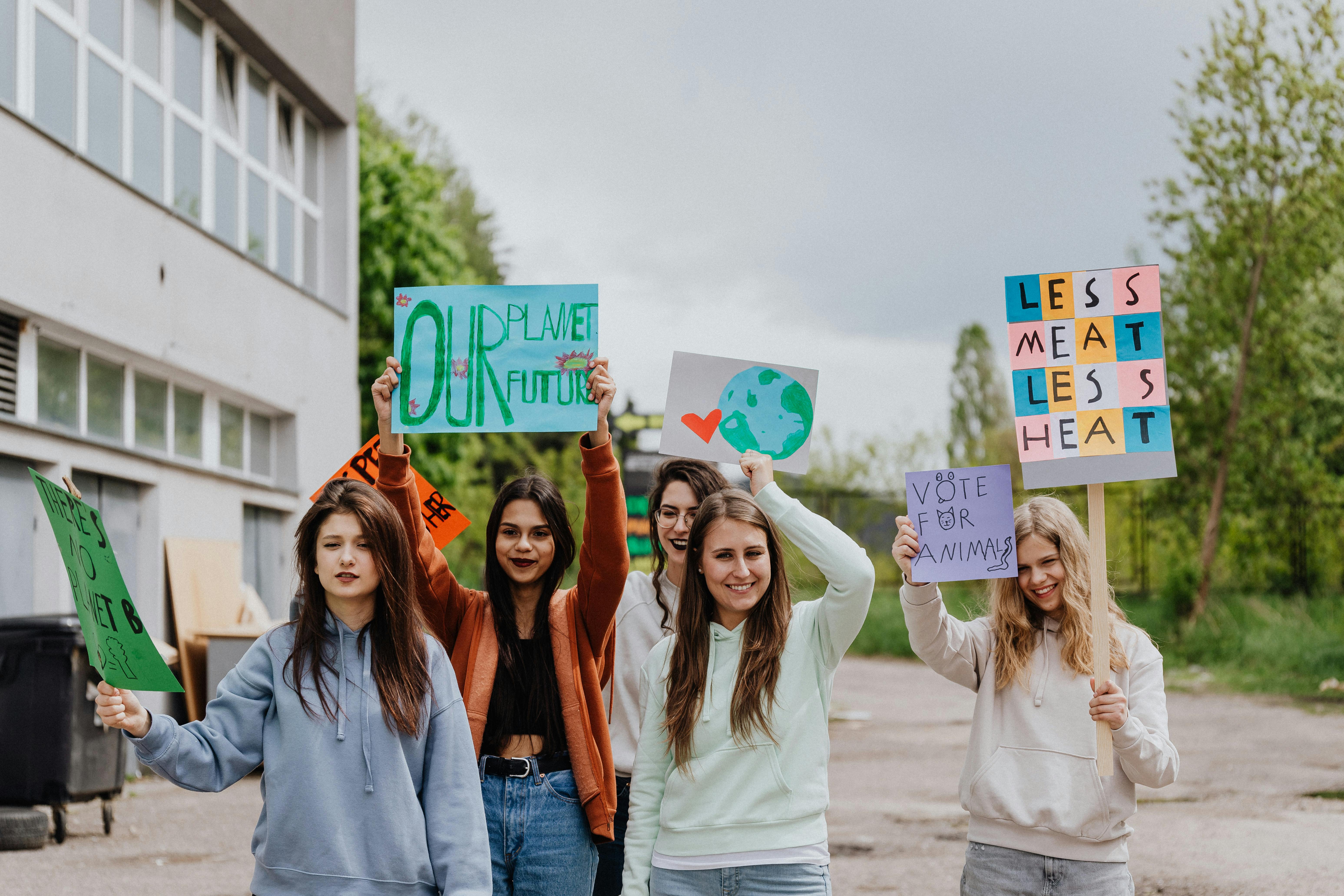The world is facing multiple crises—rising energy costs, climate change, geopolitical conflicts, and fragile economies. Against this backdrop, global leaders recently gathered at the G20 Summit, where Saudi Arabia emerged as a pivotal voice advocating for a balanced approach to energy transition and economic stability. With its unique position as the world’s largest oil exporter and an emerging hub for renewable energy, Saudi Arabia’s stance carried weight in discussions that will shape the future of global trade, finance, and sustainability.
The summit, attended by presidents, prime ministers, and finance ministers from the world’s largest economies, focused on charting a path forward in an era of uncertainty. While many leaders emphasized the urgent need to accelerate green energy investments, others pointed to the immediate need for affordable fossil fuels to keep economies stable. Saudi Arabia sought to bridge these divides, arguing that both energy security and climate goals must go hand in hand.
Saudi Arabia’s Energy Diplomacy
At the heart of Saudi Arabia’s message was the need for a “just and realistic energy transition.” Saudi delegates stressed that while renewable energy is the future, oil and gas remain critical for global stability in the short to medium term. Crown Prince Mohammed bin Salman’s Vision 2030 was presented as an example of how a major oil producer can simultaneously invest in solar, hydrogen, and wind power while continuing to play its role in global oil markets.
The Kingdom’s efforts are already visible. Saudi Arabia has launched one of the world’s largest green hydrogen projects in NEOM and is scaling up its solar and wind farms. These investments position the country as a leader in both traditional and clean energy sectors—a dual role that gives it credibility in international energy debates.
Economic Stability in Uncertain Times
Beyond energy, the G20 summit was dominated by concerns over inflation, slowing growth, and global debt. Saudi Arabia played a proactive role in pushing for greater financial cooperation among nations. Riyadh highlighted the importance of supporting developing countries, many of which are struggling with rising food and fuel costs.
Saudi officials also pointed to the Kingdom’s own economic reforms under Vision 2030 as a model for diversification. With new industries in technology, tourism, and logistics, Saudi Arabia showcased how oil-dependent nations can chart a sustainable economic future. This message resonated strongly with several developing nations seeking guidance on economic modernization.
The Geopolitical Context
The G20 meeting came at a time of heightened geopolitical tension. Conflicts in Ukraine, rising tensions in East Asia, and instability in parts of Africa have disrupted supply chains and increased pressure on global economies. Saudi Arabia, with its strategic location and diplomatic outreach, positioned itself as a mediator capable of fostering dialogue among rival powers.
The Kingdom’s recent diplomatic initiatives—such as its rapprochement with Iran and its growing ties with both the United States and China—were highlighted as examples of how it seeks to build bridges rather than deepen divides. At the summit, Saudi diplomats emphasized the importance of dialogue over confrontation in addressing global conflicts.
Climate Change and Sustainability Goals
Climate change was one of the most contentious topics at the G20. Western nations pushed for faster decarbonization, while developing economies argued that they cannot sacrifice growth for climate goals. Saudi Arabia once again positioned itself as a middle ground, advocating for a pragmatic approach.
The Kingdom underscored its Saudi Green Initiative and Middle East Green Initiative, which aim to plant billions of trees, reduce carbon emissions, and expand renewable energy. These projects were presented as evidence that even oil-producing countries can take bold steps toward sustainability while maintaining economic growth.
Technology and Digital Transformation
Another highlight of the summit was the role of digital technology in global recovery. Saudi Arabia showcased its advances in artificial intelligence, smart cities, and fintech, positioning itself as a rising technology hub. NEOM, the futuristic megacity, was presented as a model of how nations can integrate technology, sustainability, and innovation.
Saudi delegates argued that technology will be key to addressing challenges ranging from food security to education. By sharing its digital strategies, Riyadh positioned itself as a partner for countries seeking to embrace the digital age.
Humanitarian and Development Commitments
In addition to economics and energy, Saudi Arabia pledged increased support for humanitarian initiatives. The Kingdom announced new funding for global food security, refugee support, and healthcare programs in developing nations. These commitments were framed as part of Saudi Arabia’s responsibility as a global leader and as a demonstration of its growing soft power.
Expert Opinions
Experts attending the summit noted the growing influence of Saudi Arabia in global decision-making. Dr. Elena Garcia, a European energy analyst, observed:
“Saudi Arabia is no longer just an oil exporter—it is a global player shaping debates on energy, climate, and economic development. Its role at the G20 shows how central it has become.”
Meanwhile, American political analyst Michael Roberts said:
“Riyadh’s strategy of balancing between the West and East is paying off. It is respected by Washington, courted by Beijing, and admired by developing nations. This makes Saudi Arabia an indispensable player in global politics.”
FAQs
What was Saudi Arabia’s main message at the G20 Summit?
The Kingdom called for a balanced energy transition that ensures both climate goals and economic stability.
How does Vision 2030 relate to the summit?
Vision 2030 was presented as a model of economic diversification, showing how oil-dependent economies can embrace reform.
What role did Saudi Arabia play in climate discussions?
It promoted its Saudi Green Initiative and Middle East Green Initiative while advocating for a realistic approach to emissions cuts.
How does Saudi Arabia balance ties between the U.S. and China?
By pursuing multi-directional diplomacy, engaging both powers while maintaining independence in its policies.
What humanitarian commitments did Saudi Arabia make?
The Kingdom pledged new funding for food security, healthcare, and refugee support worldwide.
Conclusion
The G20 Summit underscored the central role of Saudi Arabia in global affairs. By pushing for a balanced approach to energy, advocating for economic stability, and promoting climate and technology initiatives, the Kingdom positioned itself as a responsible and forward-looking global leader. While challenges remain in balancing tradition with modernity, and oil with renewables, Saudi Arabia’s performance at the summit proved that it is no longer just a regional power—it is a global force shaping the future of the world economy and diplomacy.









